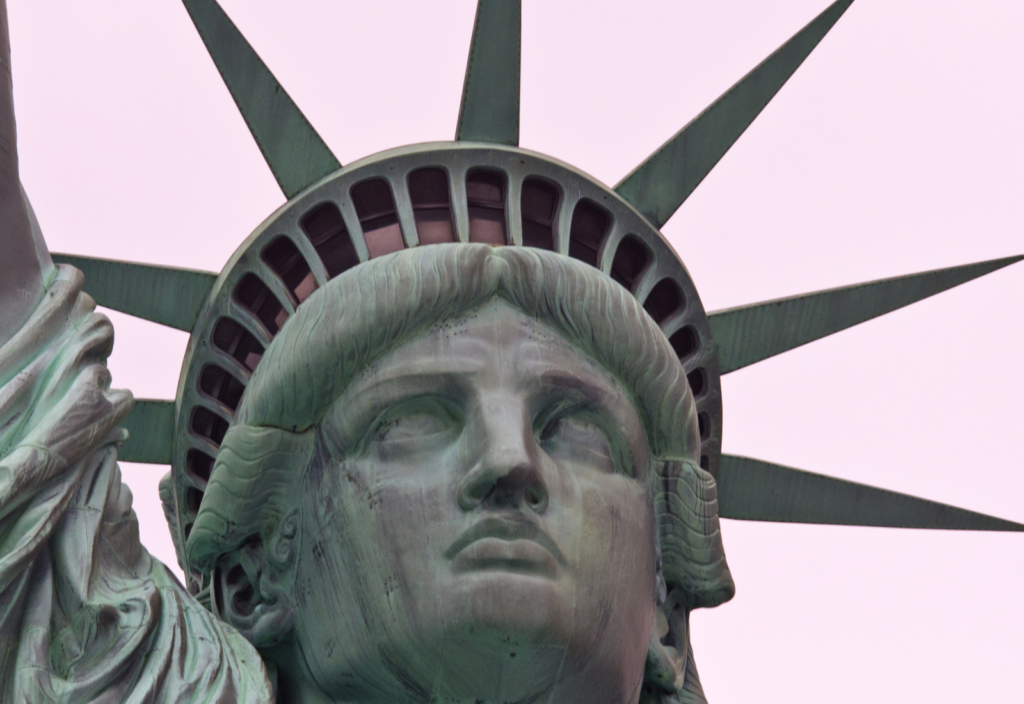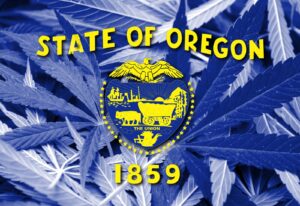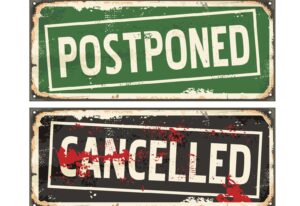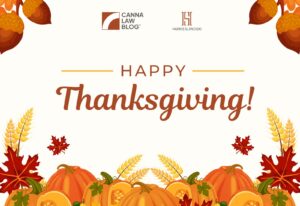Over the last few weeks we have seen a number of articles about New York’s Marijuana Regulation and Taxation Act (MRTA) written by attorneys based outside of New York or (worse yet) attorneys who are not licensed to practice law in New York. We have been pretty “vocal” about the importance of selecting the right law firm for your cannabis business. Significant consideration should be given to hiring an attorney and law firm that actually practices law in the state in which you intend to operate.
Hiring a “local” law firm is important in any state, but we cannot overstate the significance of having institutional knowledge of the issues and customs that are specific to New York. Any attorney worth their salt can regurgitate a few section headings from the MRTA and summarize the text of any given provision. That’s all well and good until the Cannabis Control Board (CCB) issues its regulations and applicants actually need real legal guidance in organizing their businesses and preparing their applications.
Let’s go through some issues that an out-of-state attorney is probably not even thinking about, let alone prepared to address. We note that the below list is a wonderful segue into issues that prospective applicants should start considering now.
Local Opt-Out of Retail and On-Site Consumption Licenses
So you’re interested in opening an on-site consumption location in Manhattan. You’re thinking about leasing ground-level retail space in Chelsea or Flatiron. Maybe (MAYBE) an out-of-state attorney knows the difference between the two.
Is that attorney familiar with the boundaries of Community Board 4 and Community Board 5? We doubt it. Will that attorney have credibility with the community board if you need your attorney to advocate against opting out of retail and on-site consumption licensing at a community board hearing? A better question: does an out-of-state attorney even know what a community board hearing is?
The point is that the MRTA deputizes local governing bodies in a way that requires local knowledge. Hiring a law firm that does not understand the intricacies of local governments in New York could end the application process before it starts, particularly for retail and on-site consumption applicants.
Selecting Real Estate
We have emphasized the importance of real estate as part of the application process. Beyond the obvious business implications (location, location, location), the MRTA requires applicants to own or lease the physical location in which they intend to operate when submitting applications. Which means that applicants will need to select and actually contract for their real estate before they obtain a license.
You want to apply for a cultivation license in the Town of Riverhead on Long Island? Let’s assume you found a broker you like to give you some options for leasing property. Has your out-of-state attorney ever dealt with a New York real estate broker? Does your out-of-state attorney know how to confirm the property is zoned for industrial use? Very quickly, time and money can be wasted on bringing in outside consultants because of a lack of local knowledge.
Buying or Leasing Real Estate
Which brings us to actually contracting for real estate. We will not belabor the point: the New York real estate market is among the most competitive and insular real estate markets in the world. Hiring a law firm without at least a basic understanding of how New York’s real estate market operates would immediately put an applicant at a disadvantage.
How? Try these questions: how much does it cost to negotiate and prepare a commercial lease in Manhattan? How many months of free rent are most commercial landlords considering? Will landlords consider a tenant improvement allowance? Who pays transfer taxes if you want to buy the location? Is a mortgage recorded?
Chances are a non-New York attorney will not be able to answer those questions without doing a fair amount of research (you’ll be paying for that). Once it starts, New York’s licensing process will move fast. New York’s real estate market will move faster. Don’t waste time by choosing an out-of-state attorney who will not be able to move at the speed needed by New York applicants.
Building Out Your Facility
Let’s say you leased a retail space in Brooklyn for a retail dispensary. Now you actually have to build out a store. At a minimum, you will need to hire a contractor and an architect. You may also need to hire an engineer, an interior designer, or any number of other consultants that help clients design and build their physical locations.
At a minimum, your attorney will need to be able to understand New York construction contracts, which contain numerous provisions specific to operating in New York, particularly with respect to mechanic’s liens and insurance. Does your out-of-state attorney have any idea how long it takes to have plans approved by the Department of Buildings and permits issued for work? How about a Stop Work Order issued by the Department of Buildings?
Missteps in the design and planning process before construction begins can cause significant delays, every day of which is another day you, as a retail dispensary licensee, is paying rent but not operating. Mistakes in contract drafting or during the construction process can also lead to costly delays and lien issues, which in turn can trigger defaults under a lease (or loan documents).
In the face of construction delays and associated costs, the need for a New York attorney is obvious. You wouldn’t hire an Oregon contractor to build a house in upstate New York. You shouldn’t hire an Oregon attorney to guide you through developing your cannabis business in New York.
Financing and Setting Up Banking Capabilities
The impact of federal banking laws on the cannabis industry is well-publicized and hopefully an issue that will soon be remedied. Until then, federally insured banks cannot lend money or provide retail banking services (deposits, checking, etc.) to cannabis businesses.
In the absence of the national banks, the only current options for cannabis businesses are credit unions and smaller banks that operate only on a local level. It is unlikely that an out-of-state attorney is familiar with New York credit unions or alternative financing options that are specific to New York. Given the substantial capital that will be required for cannabis businesses to get started in New York (separate and apart from any license fees imposed by the CCB), having a New York attorney that is familiar with financing and banking options in New York will be critical to a business’ success.
Dispute Resolution
For any business, some form of dispute resolution, be it litigation, arbitration, or mediation, is likely. We expect that almost all disputes arising from New York’s cannabis industry will take place in New York. Setting aside the fact that being admitted to practice law in New York and in our Federal Courts is a condition to appearing in a litigation, having knowledge of New York’s rules of practice is essential to navigating dispute resolution in New York.
As a final reminder of the importance of using a New York attorney for developing your cannabis business in New York, we end with a statement from Assemblywoman Crystal Peoples-Stokes, one of the sponsors of the MRTA. In short, in a presentation to the City of Rochester, Assemblywoman Peoples-Stokes said that the spirit of the MRTA is to benefit New Yorkers and that the CCB’s rules and regulations will adhere to that guiding principle. You don’t have to hire us, but we strongly urge any applicant to consider local New York attorneys as your advisor for entrance into New York’s cannabis industry.
























